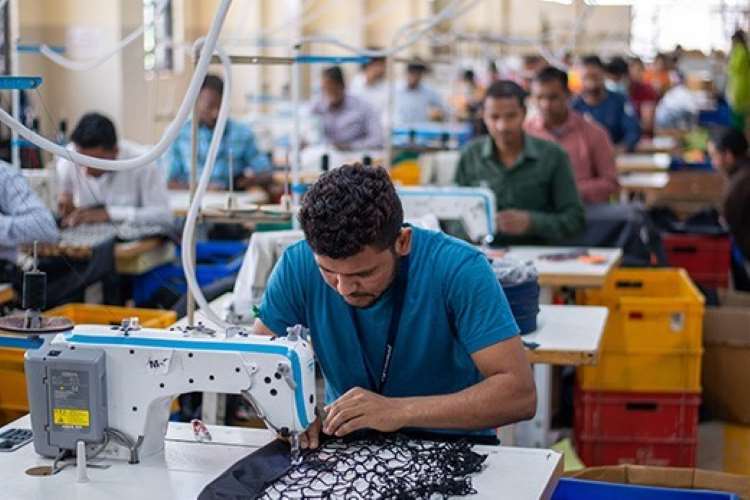
MSME financing: Finance Minister Nirmala Sitharaman’s Budget 2024 proposal for Public Sector Banks to develop a new credit assessment method for micro, small, and medium enterprises is taking shape, with the new model slated for launch next year. This MSME credit assessment model which will rely on digital footprints is expected to revolutionise how PSU banks evaluate MSME creditworthiness.
With nearly half of the work completed, the model is expected to be ready by the end of this financial year (2024-25). The new model will empower PSBs with in-house capability to evaluate small businesses for credit, reducing reliance on external assessments.
READ | Fintech industry needs to work on building trust
The new MSME credit assessment model
The announcement marks a significant shift in the banking sector’s approach to financing small and medium enterprises. Current credit assessment models largely rely on credit scores, requiring MSMEs seeking loans above a certain threshold — typically between Rs 30 crore and Rs 50 crore — to obtain external credit ratings. This requirement can be costly and burdensome for these businesses.
In some cases, even loans below Rs 30 crore are subject to this stipulation, often necessitating supplementary data from a credit monitoring arrangement (CMA). This approach has limitations, often leading to MSMEs being either under-financed or over-financed, hindering their growth and sustainability.
The new internal system seeks to alleviate this burden by reducing or eliminating the need for external ratings and offering a more holistic approach. It will evaluate a wide range of factors, including an MSME’s supply chain dynamics, digital footprint, and industry-specific conditions, ensuring a more nuanced and accurate assessment.
Experts and industry stakeholders believe that the proposed model can enhance traditional credit eligibility assessments, which typically rely on asset or turnover criteria. This approach would better support MSMEs, a segment often overlooked for credit. Once the model is completed, it will undergo an audit and acceptance test before full implementation.
MSME financing needs policy intervention
MSMEs are indispensable to India’s growth story, but the sector’s continued expansion will require progressive steps by the government. As the sector undergoes innovation, the larger goal is to level the playing field for MSMEs that lack formal accounting systems. Democratising credit access is crucial for the growth and financial inclusion of MSMEs and bodes well for the sector.
The new credit assessment model for MSMEs will leverage advancements in technologies like artificial intelligence, machine learning, and Big Data analytics to evaluate creditworthiness based on digital footprints. Data from various digital sources, such as GST filings, transaction histories, and utility payments, will be integrated to create a comprehensive financial profile for each MSME. This profile can be dynamically updated to ensure accurate credit assessments over time.
By deploying AI, PSBs will be able to identify patterns and predict future credit behaviour, enabling more precise and tailored credit decisions. The model will be designed to be scalable, adaptable to different sectors, and capable of accommodating the diverse nature of MSMEs in India. It will also evolve with new digital data sources and technologies, ensuring that credit scores remain relevant and adjust to changes in the business environment.
This technical approach is expected to enhance the accuracy of credit evaluations while broadening financial inclusion by accommodating MSMEs of varying sizes and technological maturity.
According to the latest government data, credit outstanding to MSMEs by scheduled commercial banks increased from Rs 22.6 trillion on March 31, 2023, to Rs 27.2 trillion on March 31, 2024. However, recent Reserve Bank of India data indicates a slower growth rate in bank credit to micro and small industries, with a year-on-year increase of 9.9% until June 2, 2024, compared to overall bank loan growth of 15.4%. Loans to medium enterprises grew at a slightly faster pace of 11% during the same period.
This initiative is part of a broader effort by the government to support the growth of MSMEs, considered the backbone of the Indian economy. The latest Budget introduced several measures to improve credit access for micro, small, and medium enterprises. Among these measures is a new credit guarantee scheme that allows MSMEs to obtain term loans for machinery and equipment without requiring collateral or third-party guarantees. Moreover, MSMEs facing financial stress can access funds through a government-promoted fund guarantee, which will back loans to these businesses, easing their access to financing.
